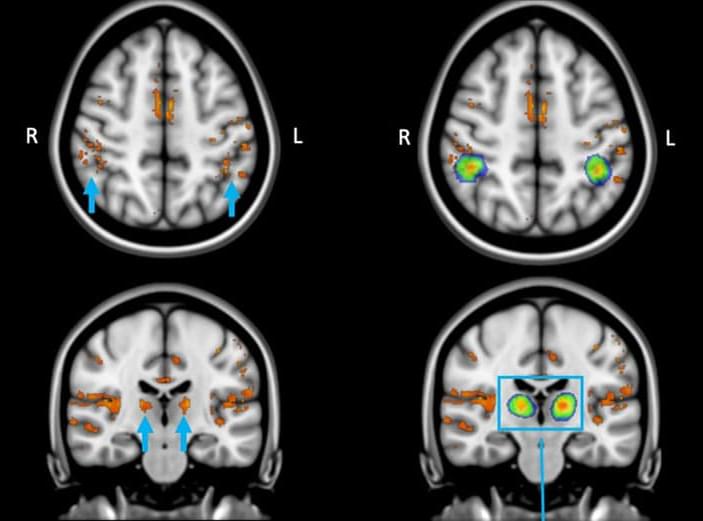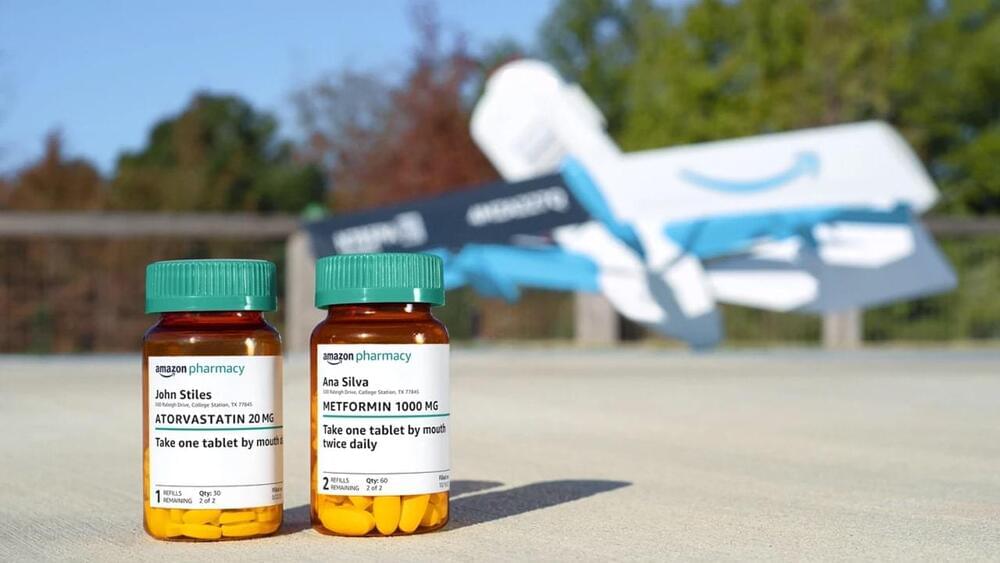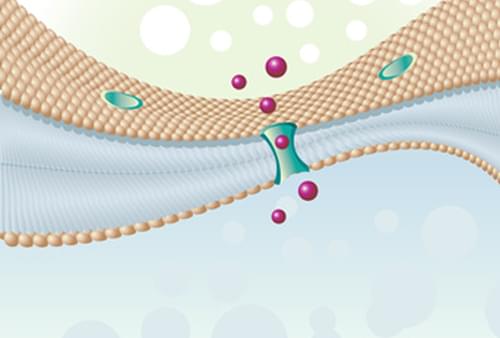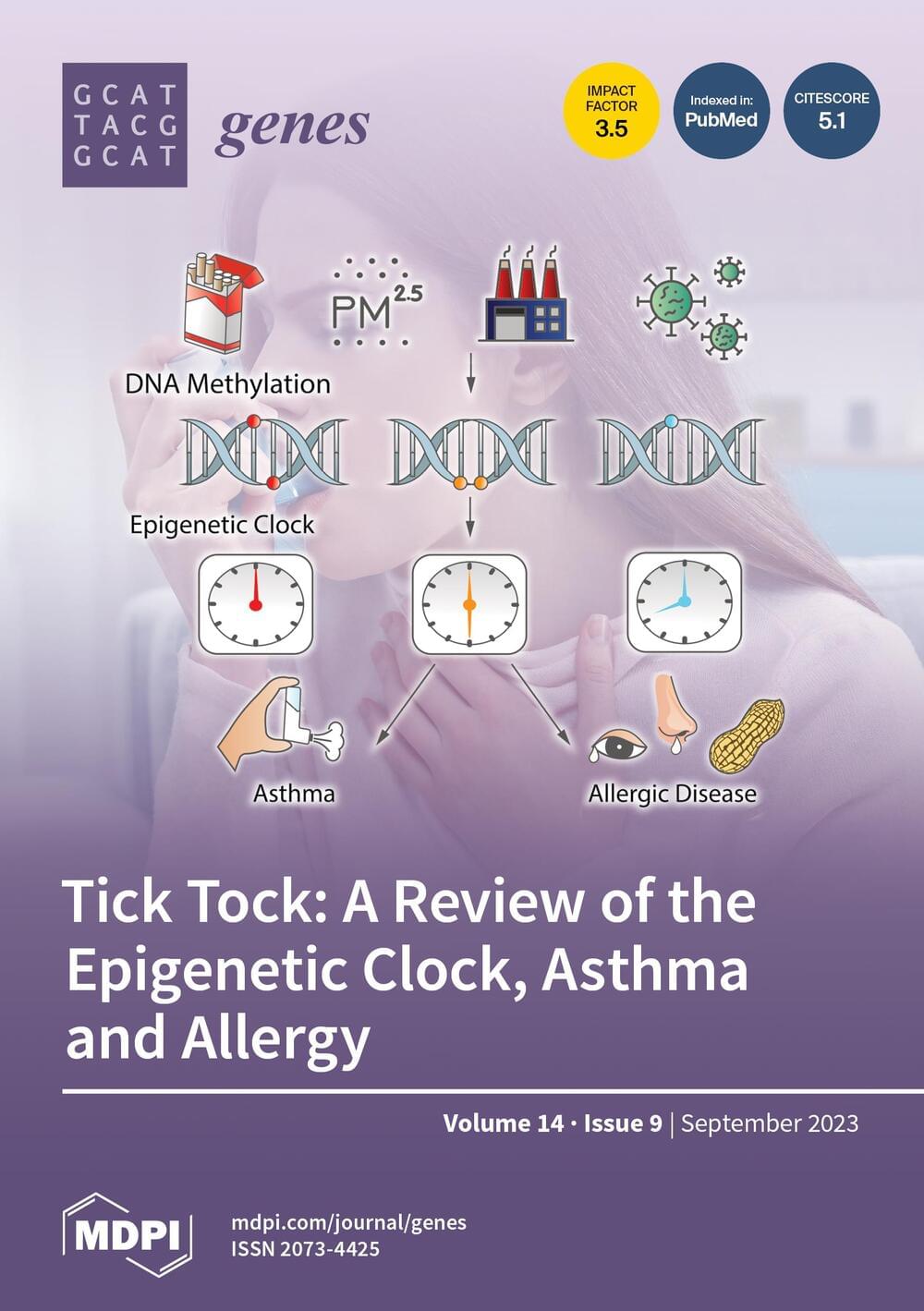Half a century after its foundation, the neutral theory of molecular evolution continues to attract controversy. The debate has been hampered by the coexistence of different interpretations of the core proposition of the neutral theory, the ‘neutral mutation–random drift’ hypothesis. In this review, we trace the origins of these ambiguities and suggest potential solutions. We highlight the difference between the original, the revised and the nearly neutral hypothesis, and re-emphasise that none of them equates to the null hypothesis of strict neutrality. We distinguish the neutral hypothesis of protein evolution, the main focus of the ongoing debate, from the neutral hypotheses of genomic and functional DNA evolution, which for many species are generally accepted. We advocate a further distinction between a narrow and an extended neutral hypothesis (of which the latter posits that random non-conservative amino acid substitutions can cause non-ecological phenotypic divergence), and we discuss the implications for evolutionary biology beyond the domain of molecular evolution. We furthermore point out that the debate has widened from its initial focus on point mutations, and also concerns the fitness effects of large-scale mutations, which can alter the dosage of genes and regulatory sequences. We evaluate the validity of neutralist and selectionist arguments and find that the tested predictions, apart from being sensitive to violation of underlying assumptions, are often derived from the null hypothesis of strict neutrality, or equally consistent with the opposing selectionist hypothesis, except when assuming molecular panselectionism. Our review aims to facilitate a constructive neutralist–selectionist debate, and thereby to contribute to answering a key question of evolutionary biology: what proportions of amino acid and nucleotide substitutions and polymorphisms are adaptive?







